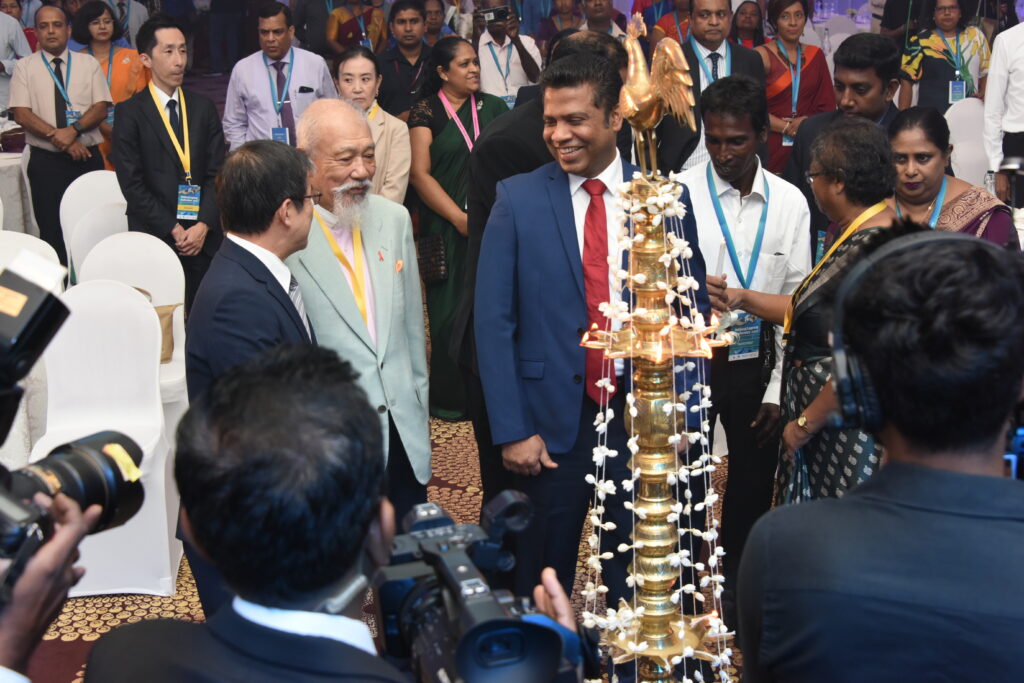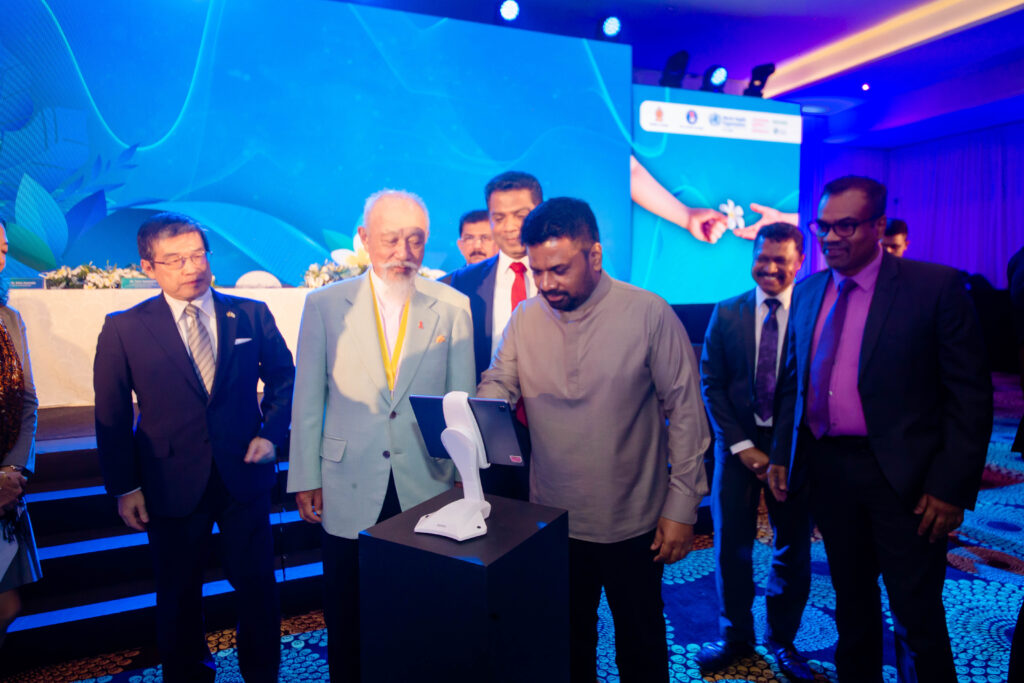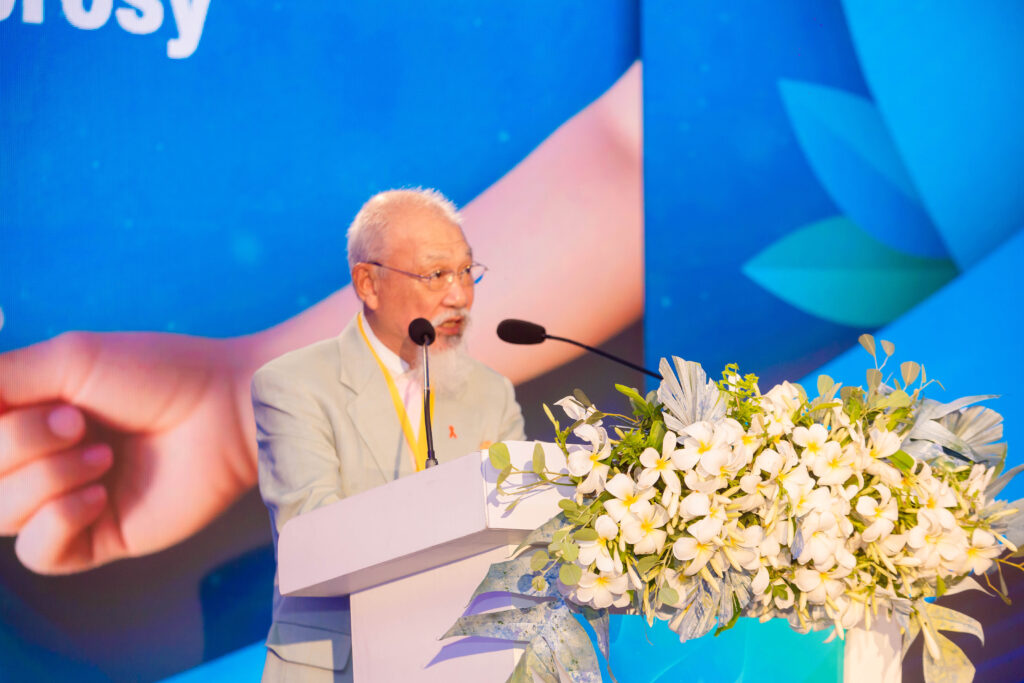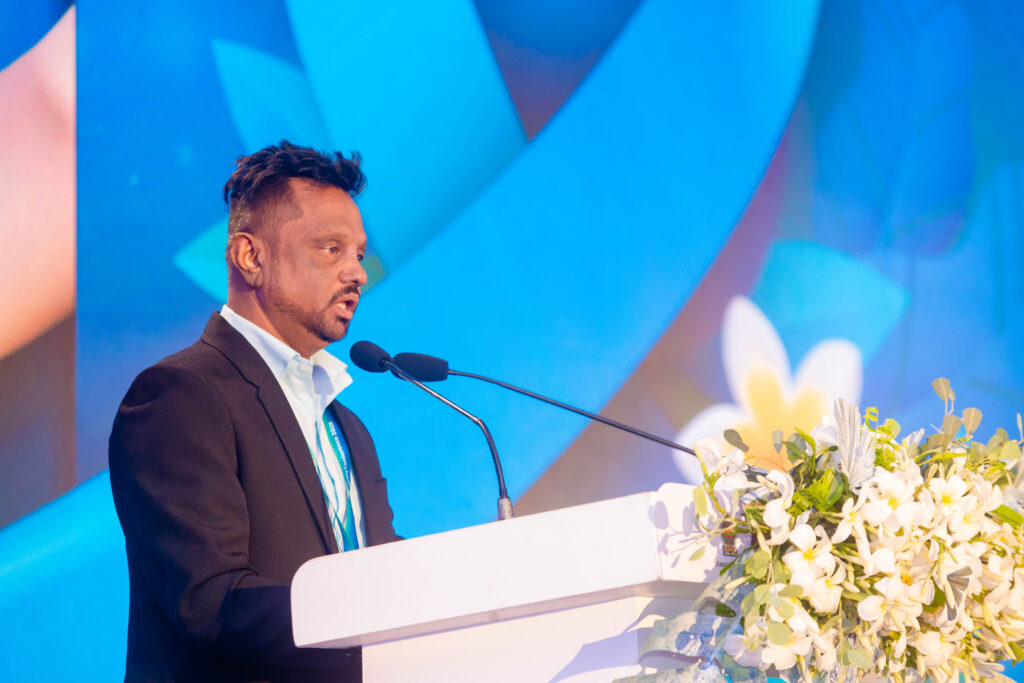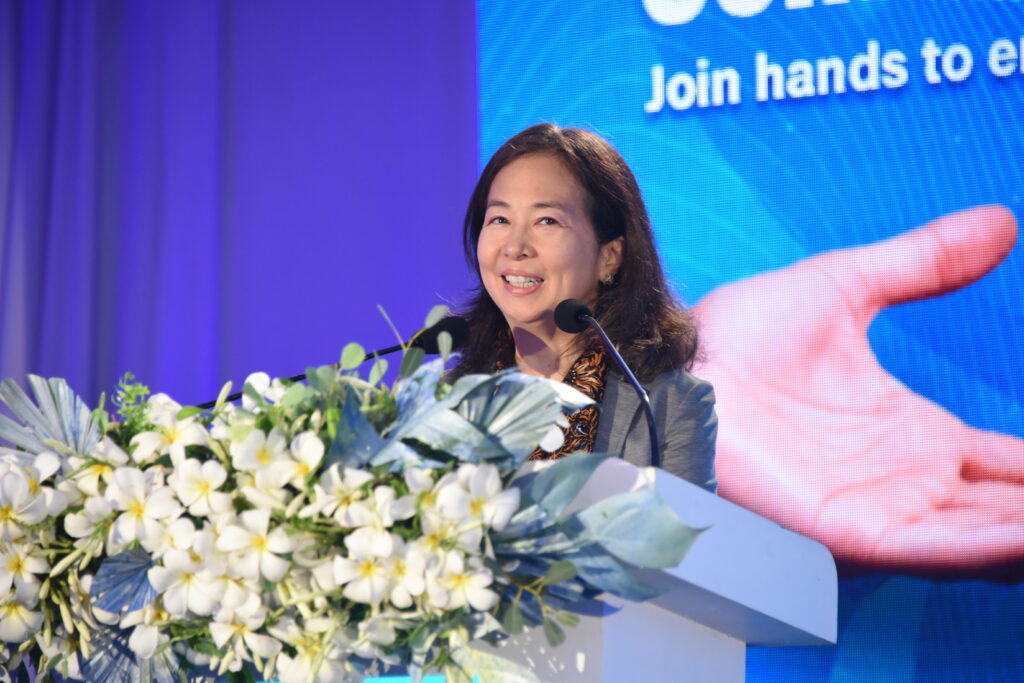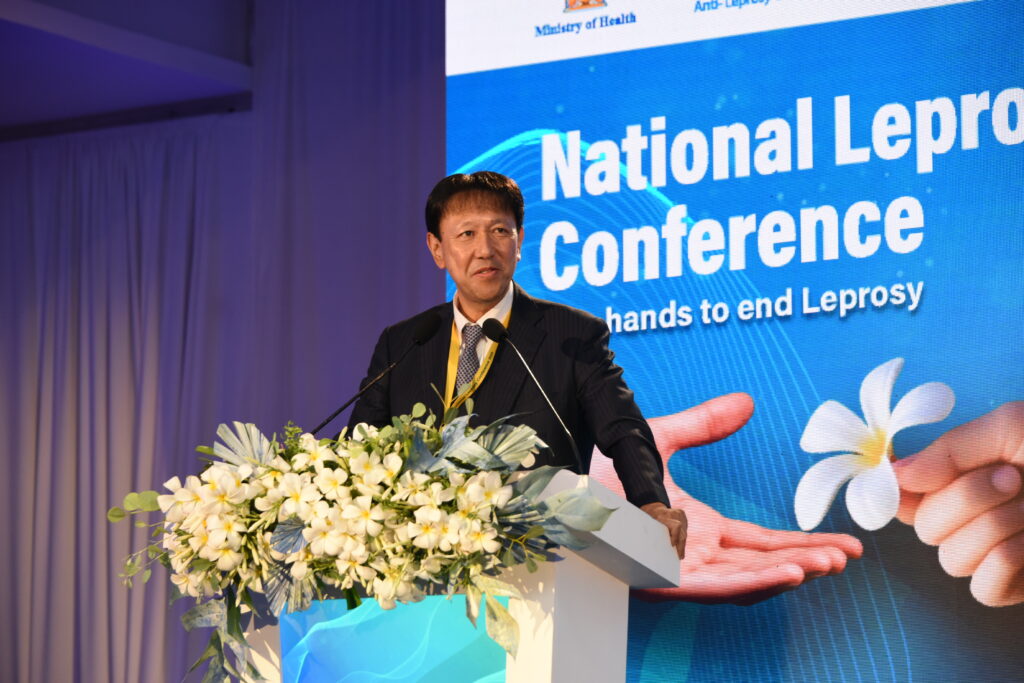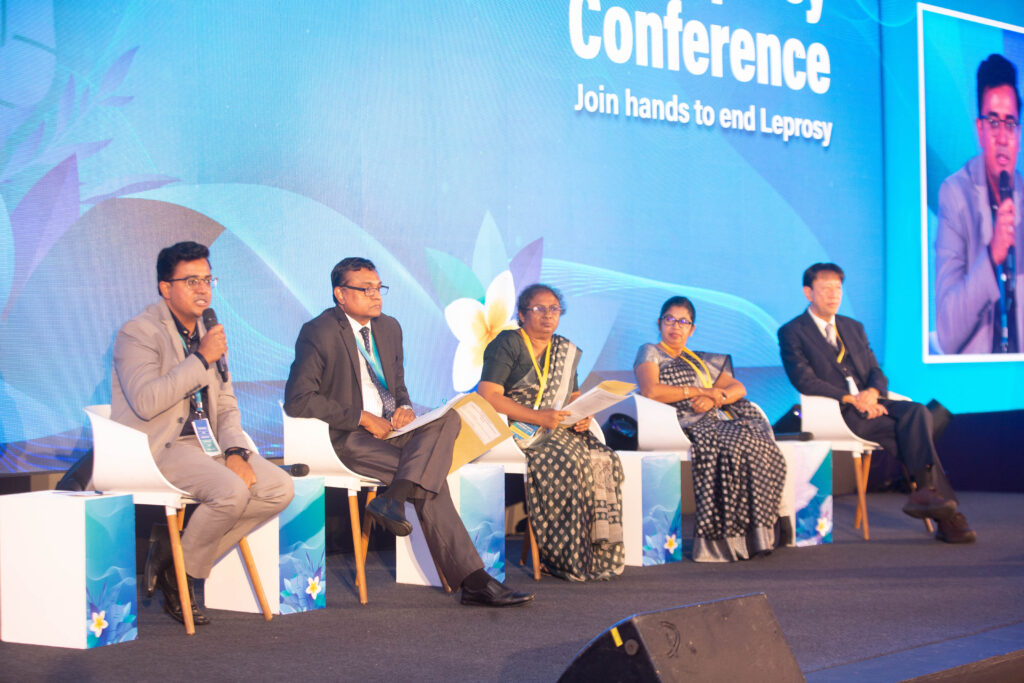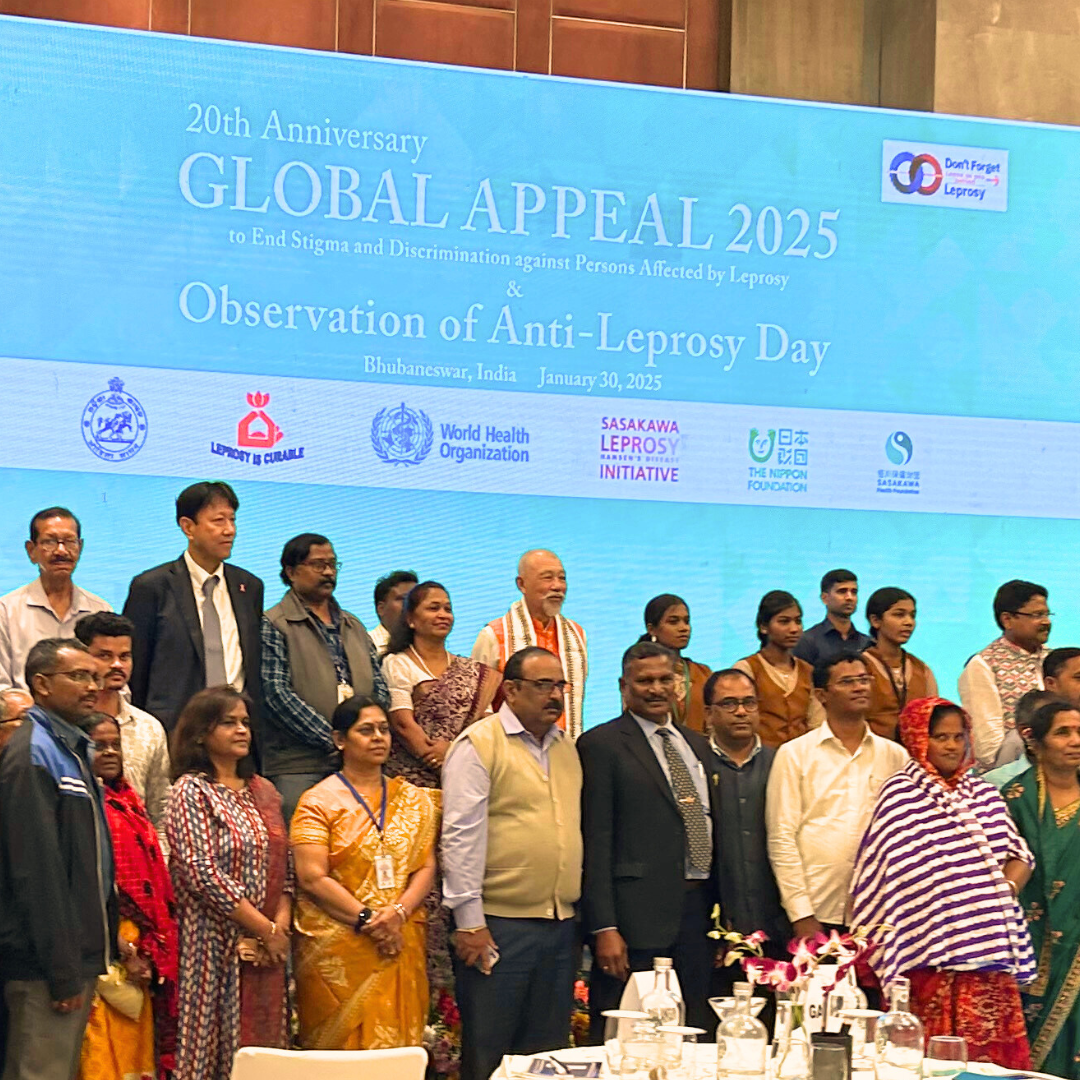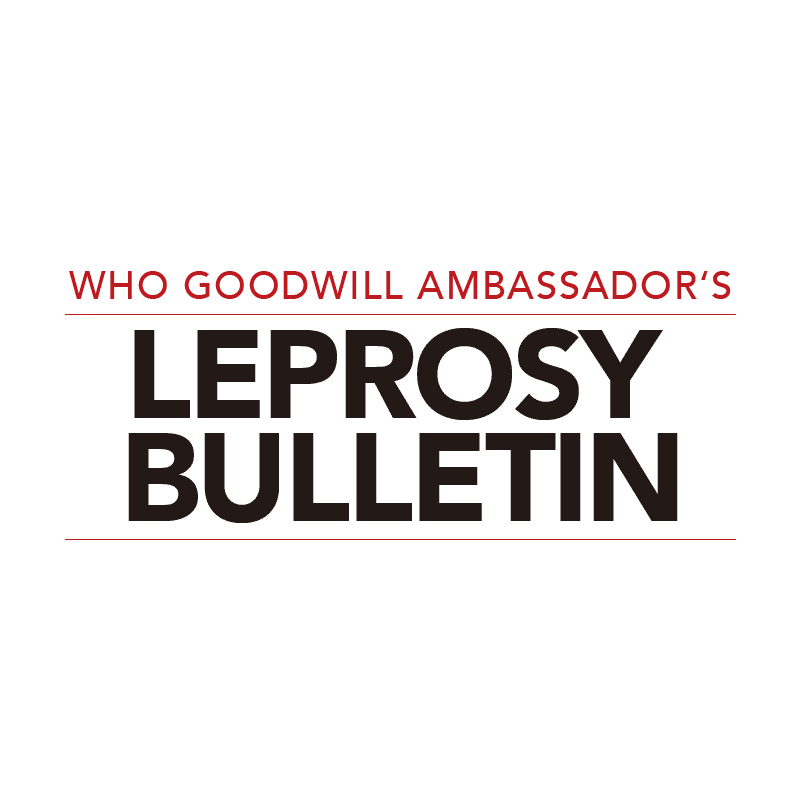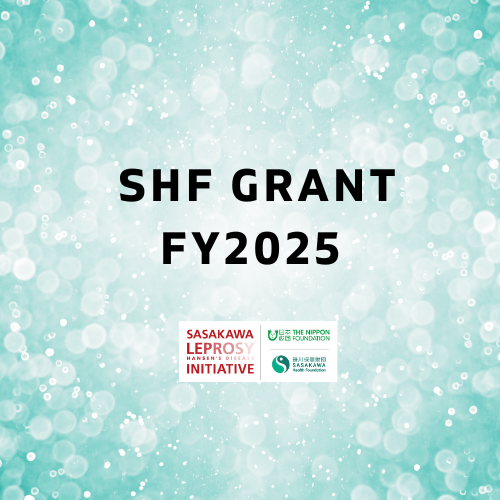The Sasakawa Leprosy Initiative played a pivotal role in supporting the National Leprosy Conference held on 6–7 November at the Cinnamon Grand Hotel in Colombo, a key milestone in Sri Lanka’s journey to interrupt leprosy transmission. Organized by the Ministry of Health of Sri Lanka in collaboration with the World Health Organization (WHO) and the Sasakawa Leprosy Initiative, the two-day conference launched a comprehensive roadmap aimed at interrupting leprosy transmission in Sri Lanka within the next decade.
Speaking at the event, Health and Mass Media Minister Dr. Nalinda Jayatissa highlighted that although leprosy was officially eliminated as a public health threat in 1995, new cases continue to emerge, with approximately 1,500 to 2,000 new patients detected annually, including around 10 percent children under ten. The Minister emphasized that the Government is implementing a structured programme focused on early detection of new cases, improving hospital treatments and facilities, and providing systematic rehabilitation for those living with disabilities caused by the disease. He expressed confidence that the conference would further strengthen national efforts to interrupt the transmission of leprosy.
High-level participation, including Sri Lanka President Anura Kumara Dissanayake, WHO Goodwill Ambassador for Leprosy Elimination, senior Health Ministry officials, and other government ministers, reflected the national commitment to leprosy elimination. By providing sustained guidance, advocacy, and support, the Sasakawa Leprosy Initiative continues to strengthen Sri Lanka’s efforts to achieve interruption of leprosy transmission by 2035, demonstrating the power of collaboration among national authorities, international organizations, and civil society in tackling persistent public health challenges.
